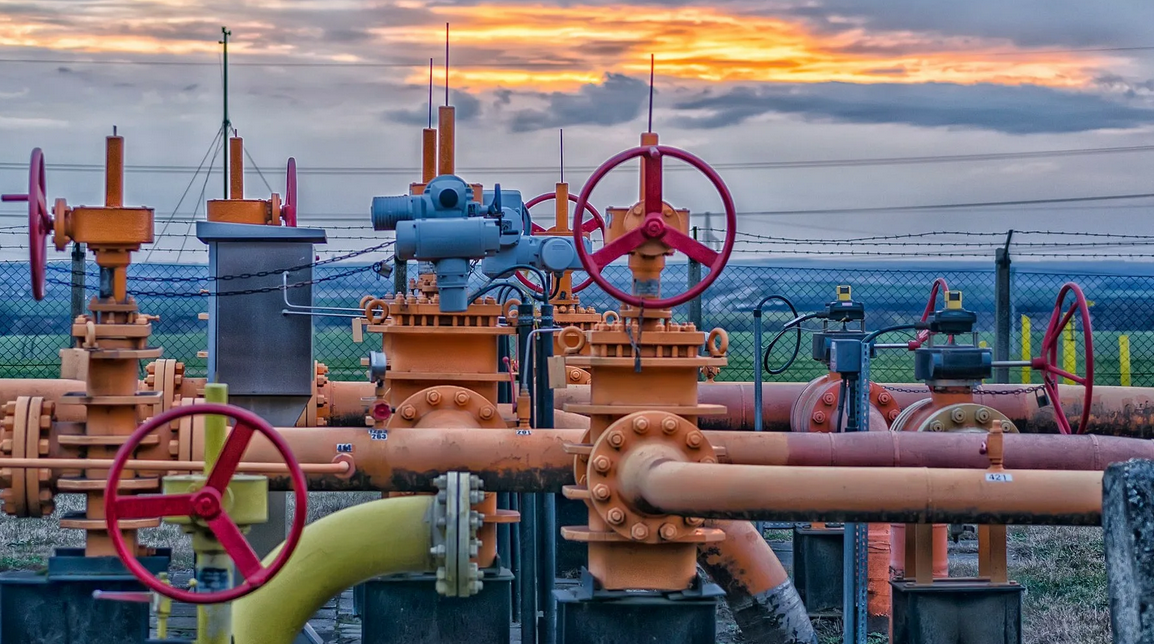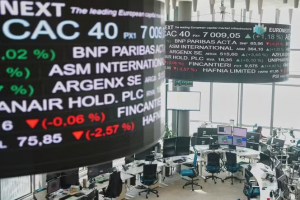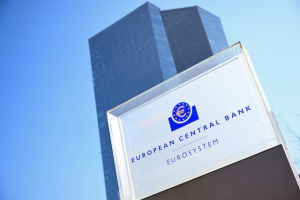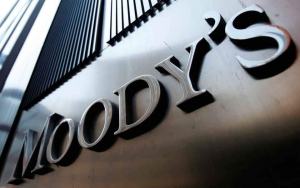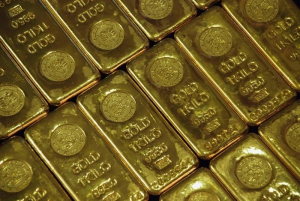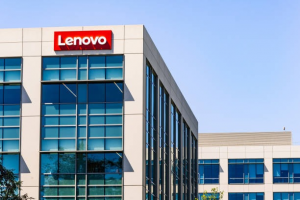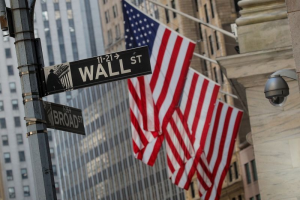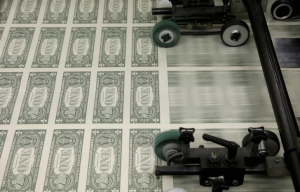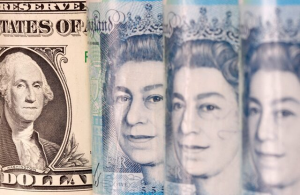The Liquefied Petroleum Gas (LPG), commonly referred to as cooking gas, is currently experiencing a sharp escalation in prices, with recent figures showing an increase from N12,500 to N17,000. The surge has triggered widespread concern among various stakeholders, including households, hotels, and restaurants, who are now facing heightened financial pressures.
Businesses that rely on LPG, such as food vendors, confectionery shops, and canteens, are particularly affected. The increased cost of LPG may compel these establishments to raise their service fees, potentially disrupting their operations unless immediate measures are taken.
Mr. Oladapo Olatunbosun, President of the Nigerian Liquefied Petroleum Gas Marketers Association of Nigeria (NALPGAM), attributed the price hike to instability in the foreign exchange market. He explained that the official exchange rate has risen to over N1,500, with parallel market rates exceeding N1,600. This volatility has driven up LPG prices, as the commodity’s pricing is based on dollar rates. Currently, a 20 metric ton truckload of LPG, which previously cost around N18 million, now sells for N22,262,500.
Recent market data highlights a steady increase in the cost of LPG, with prices for a 20 metric ton load rising by more than N2,162,000 between July 31 and August 19, 2024. While Olatunbosun acknowledged the government’s efforts to enhance LPG supply through export bans imposed on International Oil Companies (IOCs), he expressed concern that the current prices remain prohibitively high for many Nigerians. He warned that these unaffordable prices are limiting the broader adoption of LPG, which has significant implications for public health and overall well-being.
Olatunbosun also noted that Nigeria’s annual LPG consumption stands at just 1,250 metric tons for its 200 million citizens, a stark contrast to the six million metric tons consumed by Morocco and other African nations such as Benin Republic and Egypt. The high cost of LPG is pushing many people to revert to using firewood, leading to deforestation and posing environmental and health risks.
To address these challenges, Olatunbosun called for government intervention in the form of targeted subsidies for low-income households or the development of a pricing mechanism that ensures affordability while supporting industry sustainability. He emphasized that the government must demonstrate a genuine commitment to expanding LPG usage rather than relying solely on market forces, especially given the naira’s continuous depreciation and its impact on gas prices.
Similarly, Mr. Felix Ekundayo, President of the Nigerian Liquefied Petroleum Gas Association (NLPGA), echoed these concerns, highlighting the role of exchange rate fluctuations in driving up LPG costs. In a recent interview on Arise TV, Ekundayo warned that rising LPG prices might force more Nigerians to switch to less clean alternatives like firewood, coal, and sawdust, which could have detrimental effects on their health.
Ekundayo also suggested that redirecting some of the gas currently being exported to the local market could help ease supply constraints and reduce prices. He praised the Nigerian Liquefied Natural Gas (NLNG) for dedicating its entire cooking gas production to the domestic market, which aims to improve LPG availability.
Both Olatunbosun and Ekundayo stress the urgent need for strategic government action to stabilize LPG prices and enhance affordability, highlighting the critical need for effective solutions to address the sector’s ongoing challenges.

